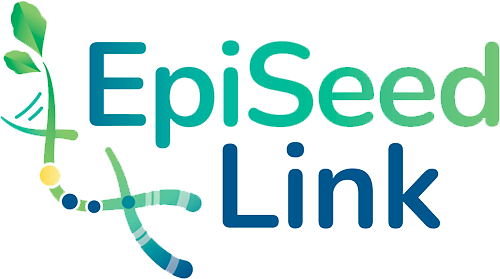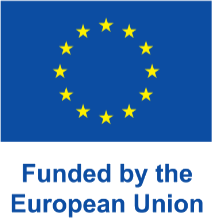PhD position in plant reproductive genetics and epigenetics at the group of Prof. Dr. Ueli Grossniklaus at the Department of Plant and Microbial Biology (IPMB) of the University of Zurich, Switzerland.
What are you going to do?
Transcriptomic and epigenomic effects of seed priming on seedling establishment during drought
Your project will focus on how molecular priming, e.g., treating seeds with diverse agents, can protect plants against stress later during development. How a memory of the priming treatment can be maintained over time and how it affects gene expression is not well understood. You will address this important question. First, you will screen different priming agents for their effectiveness in protecting seedlings from drought if applied to Arabidopsis seeds in collaboration with BioAtlantis Ltd in Ireland. Second, you will use the most effective priming agents to assess genome-wide changes in the transcriptome and methylome over time to identify key factors that underly priming memory. Third, selected factors will be functionally assessed by testing the priming response in corresponding Arabidopsis mutants by high-throughput phenotyping in collaboration with DSV in Germany and the CSIC-CNB in Spain.
In your PhD project, you will address a challenging question and will have to set-up high-throughput protocols for transcriptome, methylome, and phenotypic analyses. You will identify priming agents and their targets in Arabidopsis, which can serve as breeding targets in the long-term. You will perform wet-lab experiments in the fields of genetics, genomics, and molecular biology, as well as bioinformatic analyses in a stimulating network of peers and benefit from international experiences in training and research.
As the project relies heavily on collaborations with other partners of the EpiSeedLink consortium, you will experience the research environment in different countries and sectors, benefit from the diverse expertise of your supervisors, and develop a wide scientific network.
What do you have to offer?
- MSc in Molecular Biology, Plant Science, or related biological sciences
- Interest and a conceptual background in epigenetics and gene expression
- Knowledge in molecular biology techniques and, preferably, bioinformatics
It is a preference if you also have experience in data analysis and motivation for training in bioinformatics.
Our offer
The appointment will be on a temporary basis for a period of three years, with the possibility to extend to four years. The appointment will be according to the employment rules of the University of Zurich and the Swiss National Science Foundation, and it should lead to a dissertation (PhD thesis). A Personal Career Development Plan will be drafted that includes the attendance to EpiSeedLink courses, workshops, and meetings.
The gross monthly salary will be in Swiss Francs according to the MSCA programme. Besides the salary, the PhD student will obtain a mobility allowance (see page Requirements and Conditions). Positions are aimed at being full-time, but by exception, if needed for family reasons, part-time appointments are possible.
About us
With over 26,000 students and 690 professors, the University of Zurich (UZH) is by far the largest university in Switzerland, offering a broad range of courses. In the Shanghai Ranking 2021 for the best universities worldwide, UZH ranked on place 54, exemplifying that UZH is one of the top institutions for education and research.
Together with the Swiss Federal Institute of Technology (ETHZ), the Zurich region constitutes a highly attractive area for students and researchers from all over the world. Consequently, the proportion of foreign students and professors is very high, especially in the area of Life Sciences and Agriculture, which ranks even better in the Shanghai Ranking (rank 25 in 2016) than UZH as a whole. With 10 professors and a highly international scientific staff of roughly 180 people, the Department of Plant and Microbial Biology (IPMB) is one of the larger institutes of UZH’s Faculty of Science. IPMB specialises mainly, but not exclusively, in the investigation of molecular aspects of plant physiology, plant development, plant-pathogen and plant-soil interactions, microbiology, limnology, and evolutionary ecology.
The Grossniklaus laboratory investigates the molecular basis of plant reproduction, with an emphasis on cell specification, signalling processes, and epigenetic gene regulation. In particular, the group is highly international and has played a leading role in the study of maternal effects through epigenetic mechanisms such as genomic imprinting and Polycomb-based gene repression. Moreover, the group is interested in the biomechanics of cellular morphogenesis, and investigates the ecological and evolutionary role of epigenetic variation.
Any questions?
Do you have any questions or do you require additional information? Please contact Prof. Dr. Ueli Grossniklaus (grossnik@botinst.uzh.ch, +41 44 634 82 40).

